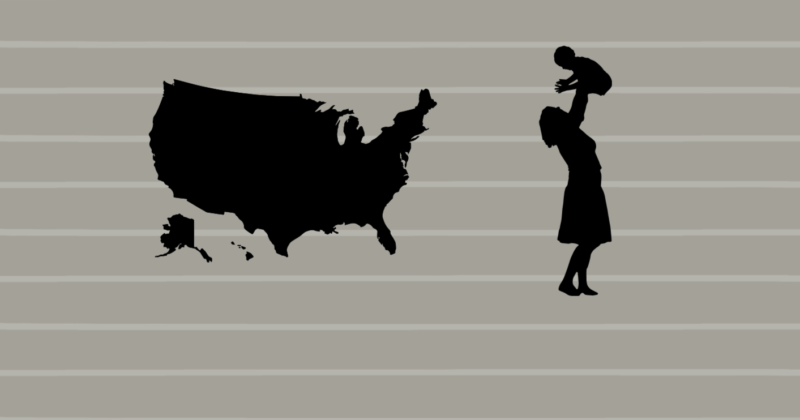How male reproductive health is impacted by location
In recent research conducted by researchers at the University of Nottingham, evidence has been found that suggests that the places where men live have the ability to affect their reproductive health. The study was conducted using dogs as a sentinel species, based upon their common proximity to humans and popularity as pets. The study analyzed the testes of dogs, searching for and evaluating levels of pathologies and irregularities present. Anthropogenic chemicals, those derived from environmental pollutants, have been hypothesized to be associated with an increased risk and prevalence of testicular cancer as well as with declines in semen quality in male reproductive health. Samples for this study were taken from different regions throughout the United Kingdom, [from the West Midlands, East Midlands and South East] as well as from Denmark and Finland for comparison. It was discovered that the samples from the different locations demonstrated varying levels of pathologies, indicating that certain populations were more at risk for experiencing negative effects...

